AirAsia MOVE says price cap in works to follow CAB guidelines
AIRASIA MOVE, the online travel agency (OTA) of the AirAsia group, said it is working to implement a price cap on tickets sold on its platform in line with policies and regulations set by the Civil Aeronautics Board (CAB).
“Technology is not very easy. We are first starting immediately with a cut-off point. My team will have to do it in two to three months to develop this technology to make sure that we are able to put limits by route,” AirAsia MOVE Chief Executive Officer Nadia Omer said in a media briefing on Thursday.
The development follows a meeting between AirAsia MOVE and the CAB after the Department of Transportation (DoTr) announced plans to file economic sabotage charges against the OTA for allegedly pricing fares at unreasonably high levels.
AirAsia MOVE is a platform that allows users to book flights, hotels, and other travel-related services.
Republic Act No. 776 authorizes the CAB to regulate air carriers, including the economic aspects of air transportation.
Ms. Omer said OTAs like AirAsia MOVE are not always fully aware of government-imposed fare ceilings, as this information is usually communicated directly to airlines.
“Many of the OTAs don’t know because it is mostly communicated to the airlines and if airlines do not communicate these exact ceilings by routes to their agents, there is no way to know,” Ms. Omer said, adding that fares are set by the airlines, not by OTAs.
She also said that ticket pricing on the AirAsia MOVE platform is automated and not controlled by the company.
“We do not do dynamic pricing because it is based on the demand. The higher the demand for something the higher the price goes, and a lot of the airlines already practice this,” Ms. Omer said.
The issue arose following complaints from Leyte Rep. Richard Frank I. Gomez, who booked one-way Philippine Airlines tickets from Tacloban to Manila via AirAsia MOVE at a cost of around P77,704 for two individuals.
According to data from the Transportation department, the same tickets booked directly through the Philippine Airlines website would have cost approximately P49,507 for two persons.
AirAsia MOVE has assured the government that it will cooperate to resolve the issue.
“We thank the CAB for giving us the opportunity to be heard at a proper venue in the observance of due process. The issue at hand has become a platform to proactively engage and educate stakeholders on how the supply chain works within OTAs,” Ms. Omer said. — Ashley Erika O. Jose

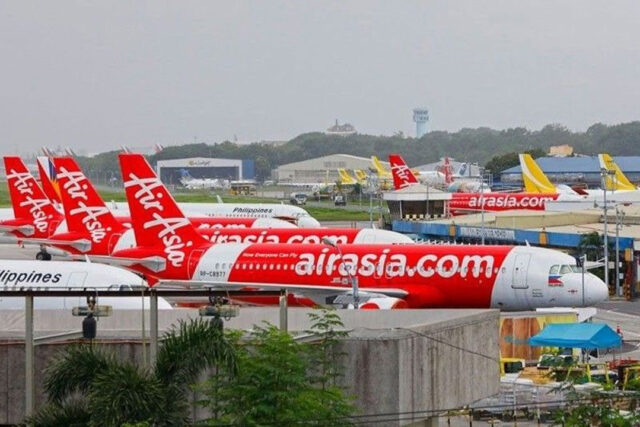
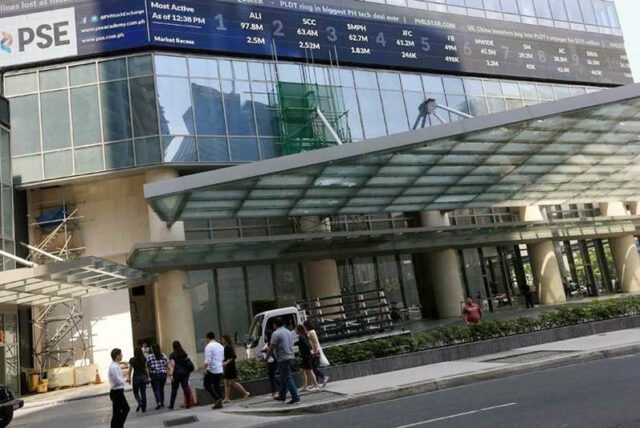


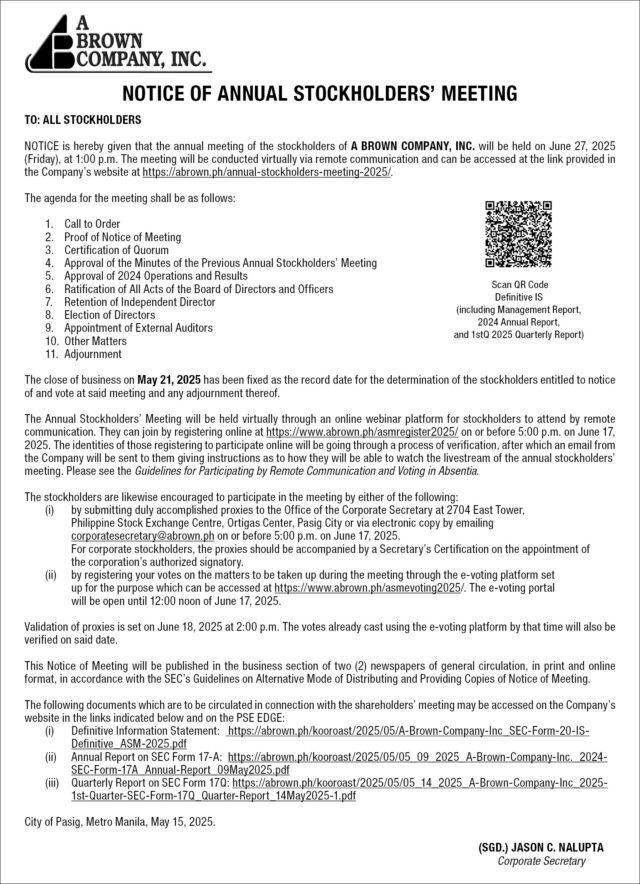
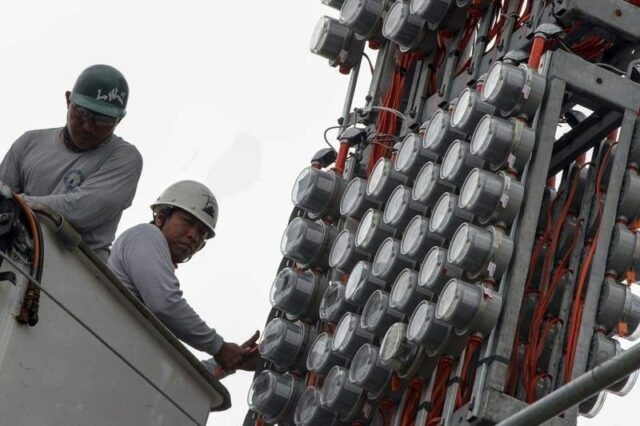











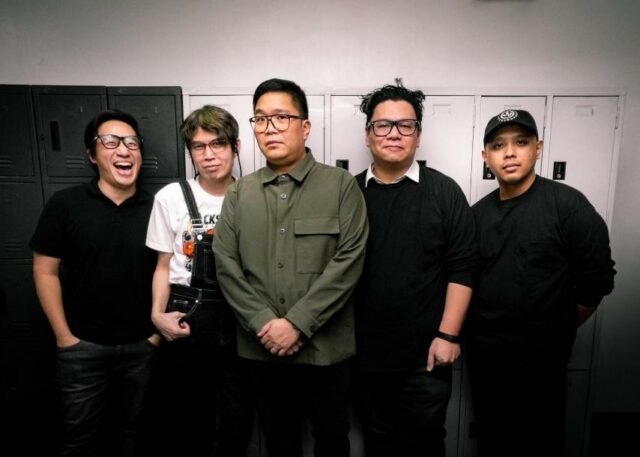


![[Final]-Jollibee-Group-Notice-of-2024-ASM-2-OL](https://www.bworldonline.com/wp-content/uploads/2025/06/Final-Jollibee-Group-Notice-of-2024-ASM-2-OL-640x905.jpg)
